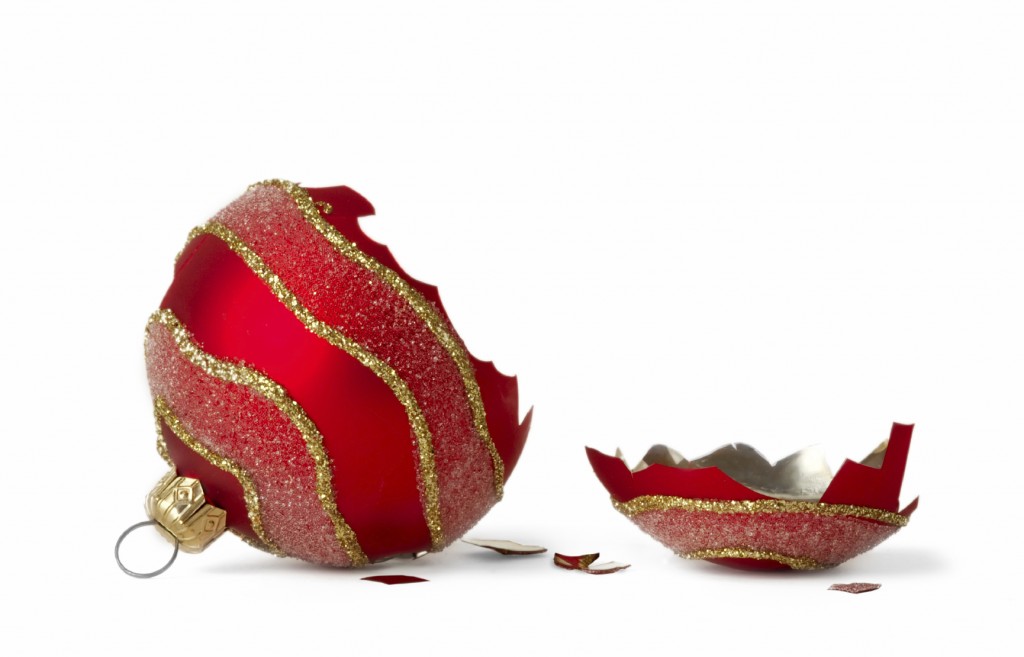We often hear that we need to love ourselves more in order to have good mental health and self esteem but the Bible warns us against thinking too highly of ourselves (Romans 12:3). Yet many Christians struggle with feeling worthless and can even slip into self-hatred, which is not healthy.
The Bible isn’t opposed to loving ourselves. It assumes that we already do love ourselves. For example, when the apostle Paul tells husbands to love their lives as their own bodies (Ephesians 5:28), or when Jesus tells us to love our neighbors as ourselves (John 13:34), there is an assumption of natural self-love or concern for our own well-being that is common to all of us. Proverbs also tells us that he (or she) who acquires wisdom, loves his own soul (Proverbs 19:8).
However, as Christians we’ve often associated loving our self with rampant selfishness and egocentricity, which clearly is against what God’s Word teaches. So let’s look at what biblical self-esteem and self-love would look like in real life.
First, self esteem is the way we feel about ourselves, self image is the way we think about ourselves. Since our thoughts and feelings go together, if we think too highly of ourselves, we will have an inflated self-esteem. On the other hand, if we think too lowly of ourselves, we feel inferior and worthless. A healthy self-image is where we see ourselves truthfully, as God sees us.
That means that we see our beauty and our sins, and don’t only see one side of ourselves. Some Christians get caught in only seeing their sinful side and forget that they are indeed a magnificent creation of God (Psalm 139) and that God has indeed put gifts and talents inside of us to be used to serve him and others. On the other hand, some people are quite blind to their sinful side and can be jealous, prideful, arrogant and judgmental and don’t even see how sinful those things are (Psalm 36:2).
When we love ourselves too much, the focus of life is all about me, either thinking about wonderful I am and how much I deserve, or brooding about how miserable I feel because life, people or God are not giving me everything I think I should have. On the other hand, when we love ourselves biblically, we are not self-absorbed or self-conscience; we aren’t worrying about what we have or don’t have. Instead we make concerted efforts to execute godly self-care so we are equipped and free to serve and glorify God (not self).
When we love ourselves biblically here are three things we will do:
1. We will seek God as our highest priority. God says that he is our soul’s only true satisfaction (Psalm 21:6) and that following his ways lead to great joy (Psalm 19:8; 1 Peter 1:8). This is not selfish but good.
2. We will seek God’s wisdom for your life. Proverbs tells us that those who fail to find wisdom, harm themselves (Proverbs 8:36). God says that his wisdom helps us see clearly through the world’s philosophies and Satan’s deceptions that may mislead us. Living in God’s wisdom helps us have a life well lived.
3. We will correct and discipline ourselves. At first this may seem counterintuitive. People think that when they love themselves that means they can give in to their wants, their feelings, their desires and their flesh. But let’s look at the result of this kind of thinking. Credit card debt, obesity, sexual promiscuity, pornography, drug abuse, and alcoholism are at all time highs. Not only do we indulge our fleshly appetites, we also indulge our immature and sinful ways of thinking, feeling, and behaving. We sulk in self-pity, throw temper tantrums when we don’t get our way, nurse angry and hateful thoughts and wallow in our morbid self-analysis.
The results of a self-indulgent psyche or lifestyle is not greater happiness or a good self-esteem but rather, bondage. When we indulge our sinful nature, we don’t feel better; we feel worse. God tells us one of the causes of self-hatred is ignoring self-discipline and self-correction (Proverbs 15:32).
Ask God to show you whether you love yourself enough or too much? If you notice your self-care does not involve the three steps from above, perhaps you are loving yourself too much in the wrong ways or not enough in the right ways.
For more information on this topic, see my book How to Find Selfless Joy in a Me First World






















